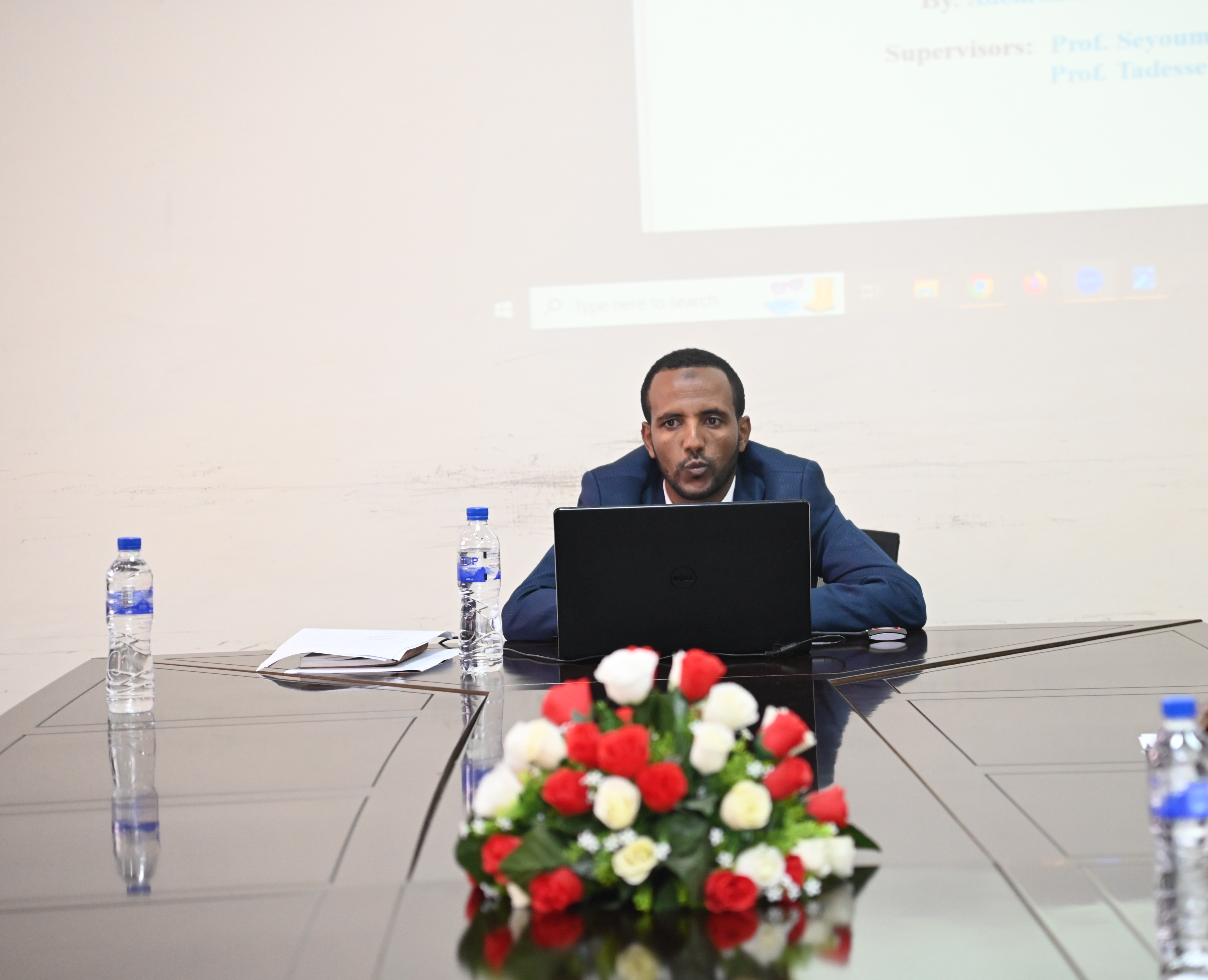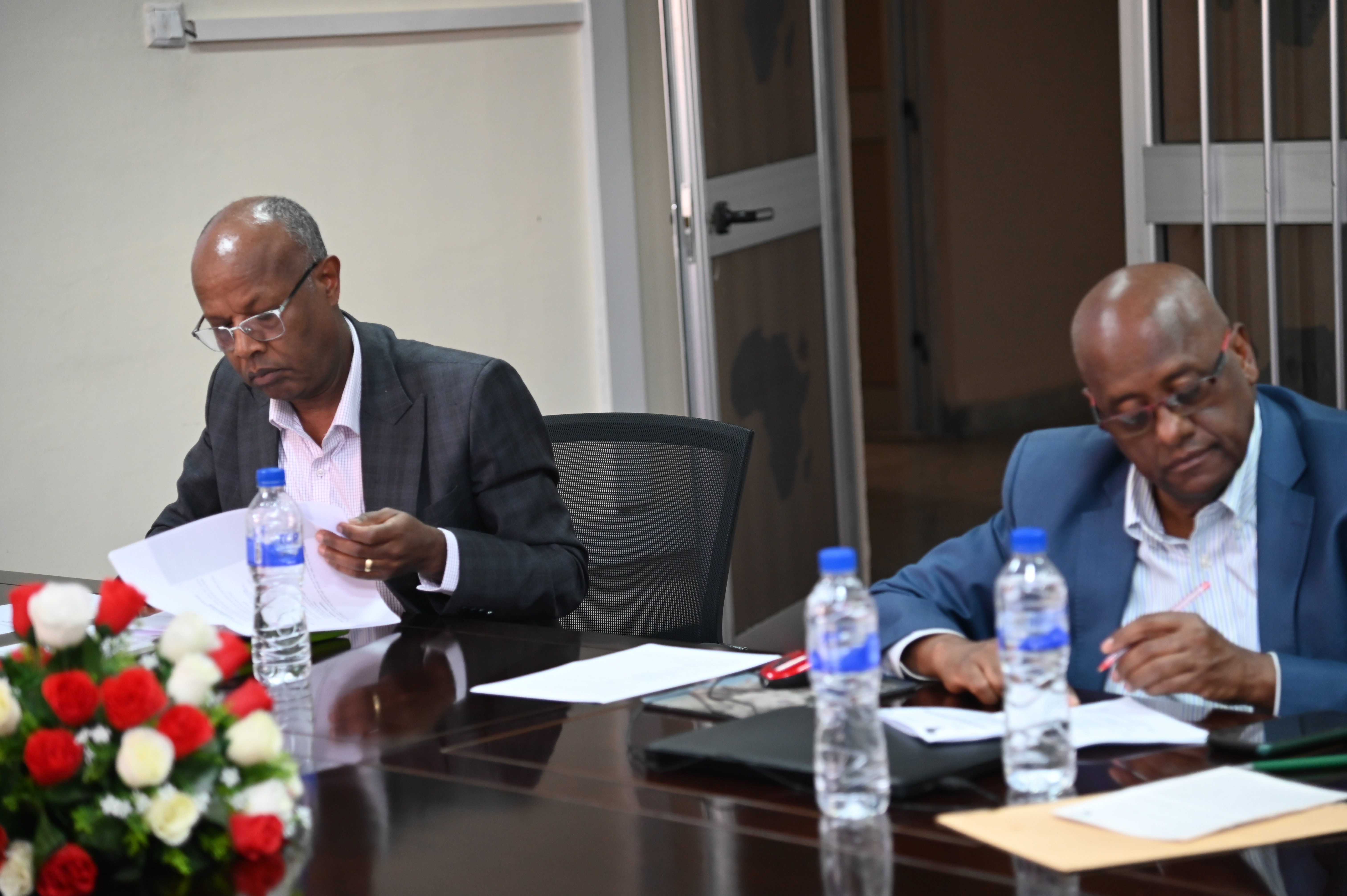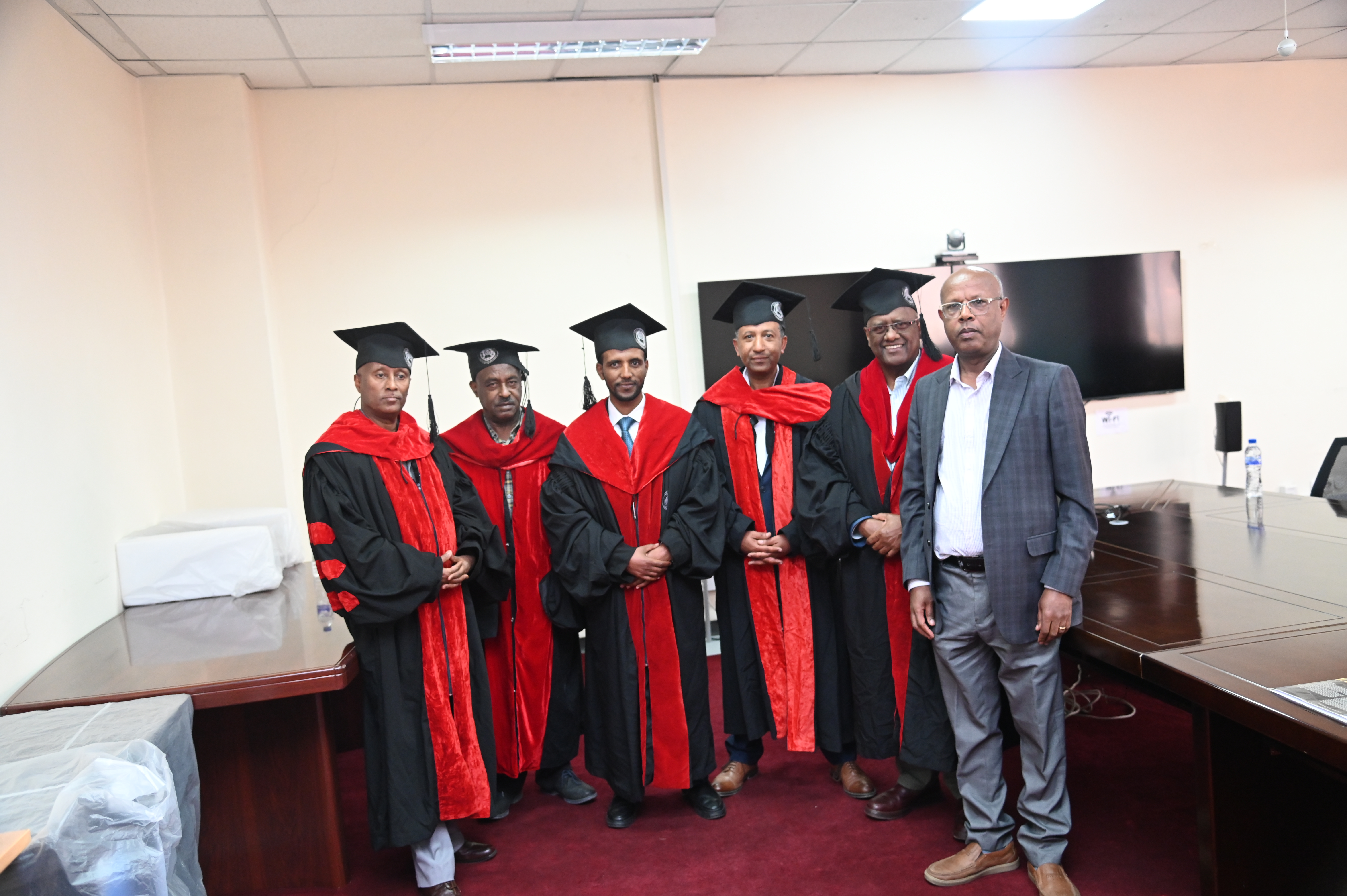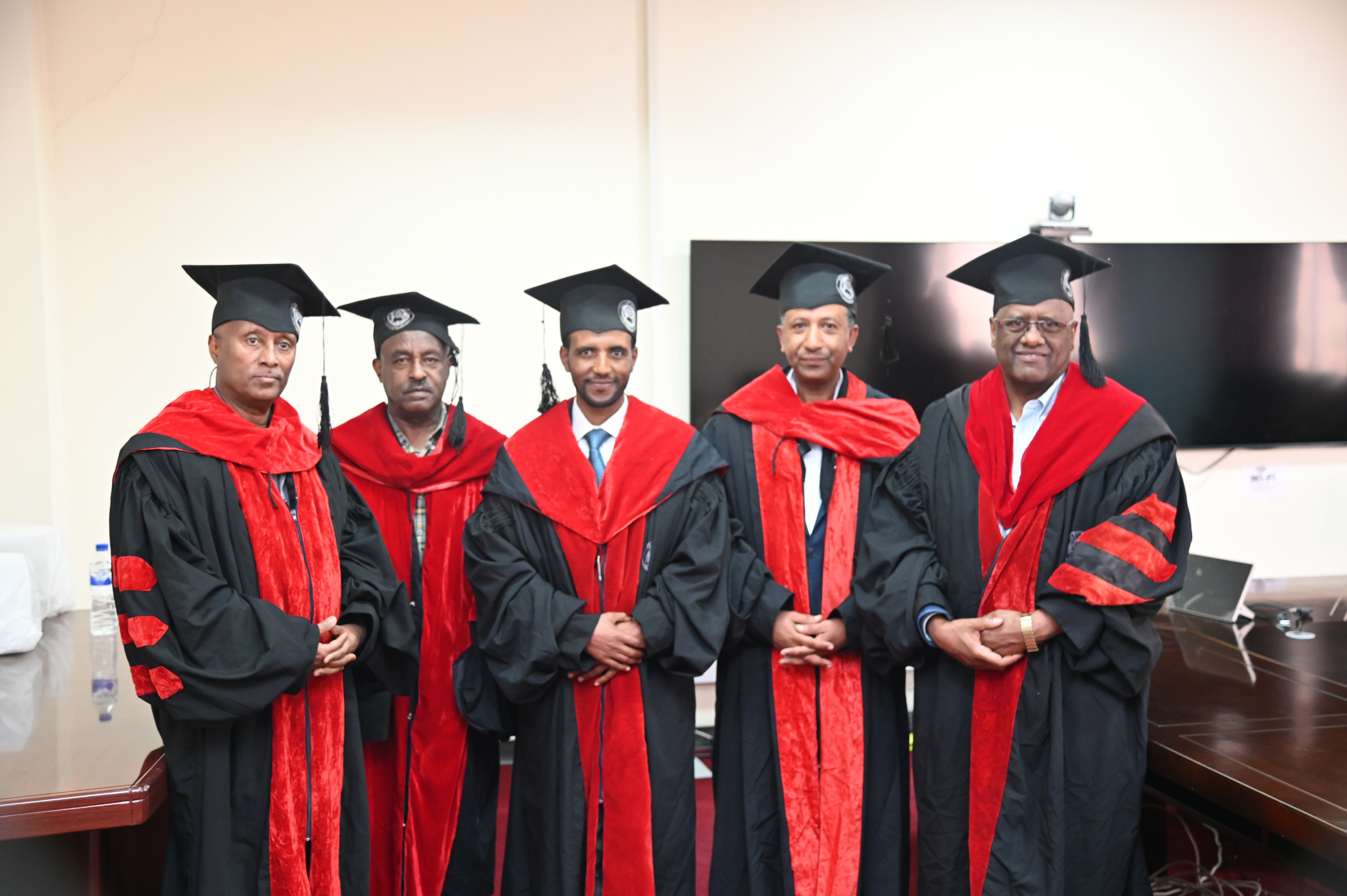The title of Dr Adem’s dissertation is “Water Quality Characteristics, Trophic Status and Aquatic Communities in Response to Water Level Fluctuation in Lake Ardibo, Ethiopia”. In Lake Ardibo which was found in a mesotrophic state Dr Adem identified 66 species of phytoplankton, grouped in 7 phyla, including Bacillariophyta (23 taxa), Chlorophyta (21 taxa), Cyanophyta (14 taxa), Euglenophyta (3 taxa), Charophyta (2 taxa), Dinophyta (2 taxa) and Cryptophyta (1 taxon).

Key findings from the study include Temporal rather than abiotic factors far influenced phytoplankton dynamics. 33 species of zooplankton have been recorded, including rotifers (18 species), cladocerans (11 species), and cyclopoid copepods (4 species). Zooplankton abundance varied significantly by season, with peak abundance (4232.13 ind. L −1 ) in the dry season and lowest abundance (402.42 ind. L −1) during the long rainy period. 20 Macrophyte species belonging to 13 families were identified.

Dr Adem’s Study also indicated Cyperaceae reached the highest relative frequency (42.214%), followed by Ceratophyllaceae (17.623%) and Potamogetonaceae (13.525%). The abundance of floating leaf species increased during the high water level period, while the abundance of submerged macrophytes increased during the low water level phase.

The board of examiners which evaluated Dr. Adem’s Dissertation consisted of the chairperson Prof. Feleke Zewge , Director of ACEWM, his internal examiner, Dr. Demeke Kifle of Addis Ababa University and his external examiner, Prof. Zinabu Gebremariam of Hawassa University. The dissertation was mainly supervised by Prof. Seyoum Mengistou and Co supervised by Prof.Tadesse Fetahi both from Addis Ababa University.

Speaking after his successful defense, Dr. Adem expressed his gratitude for the support and guidance received throughout his doctoral journey. He emphasized the importance of collaborative, interdisciplinary research in addressing the complex water management challenges, and reaffirmed his commitment to contributing to sustainable environmental management and conservation efforts in Ethiopia and beyond.

